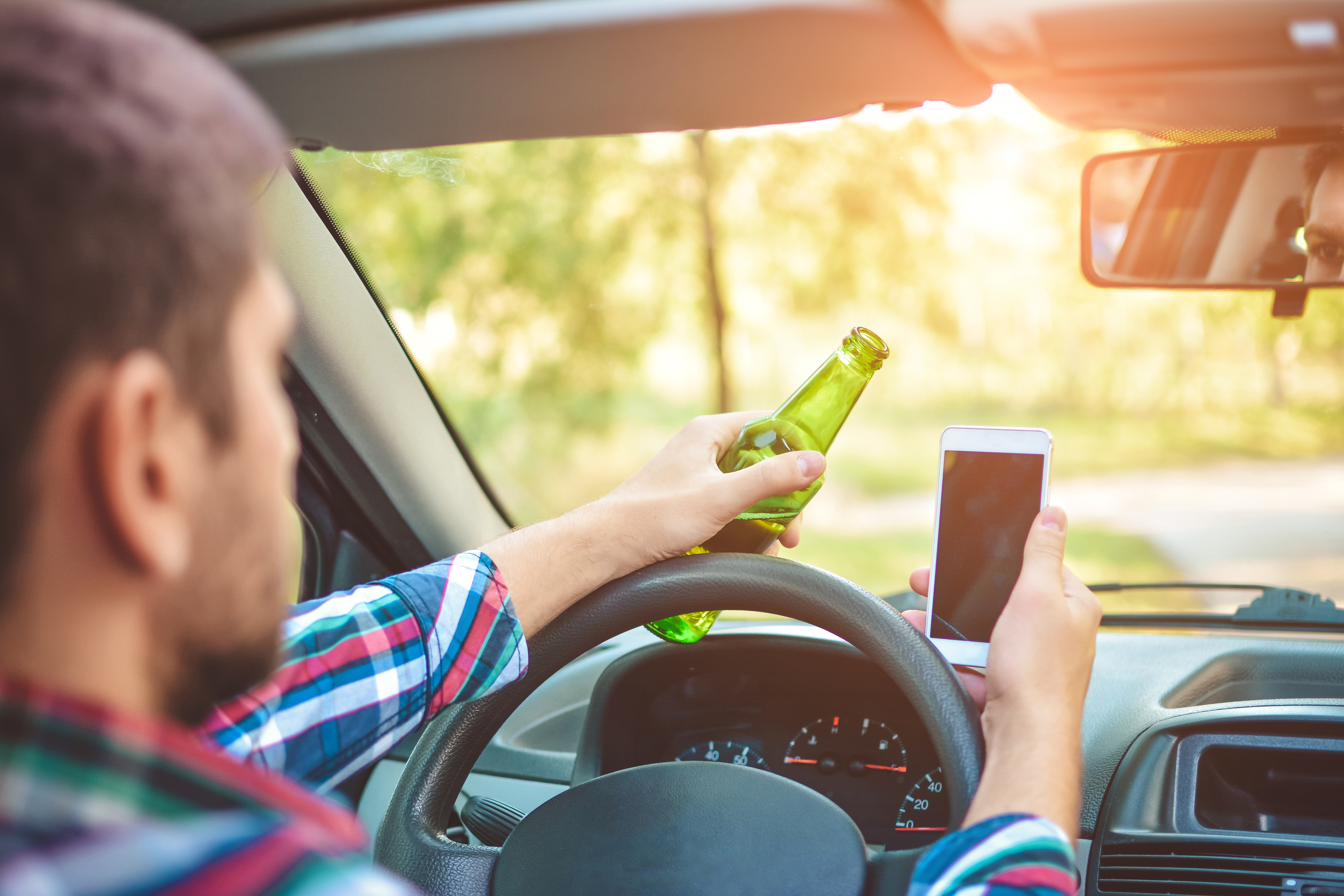Understanding How A DWI Impacts Your Car Insurance Rates
Few things can upend your life in quite the same way as getting arrested for Driving While Intoxicated (DWI). The impacts can affect every aspect of your life including your finances. For instance, if you are convicted, it could dramatically increase the amount of money that you have to pay for car insurance.
After a DWI arrest, there are several expenses that you will face right away:

- Finding a lawyer
- Complying with the terms of your release. For instance, you may need to pay for monitoring tools to track your alcohol use.
The amount of money that you need to cover these costs depends a lot on your specific case. If you are ultimately convicted of driving while intoxicated, however, you could see a significant increase in your car insurance rates. In many cases, this increase can wind up costing you more than double, or even triple, what you are currently paying. Adding this extra expense on top of all of the other costs you are dealing with can seriously impact your finances.
What Causes Car Insurance Rates To Go Up After A Conviction For DWI?
Insurance companies decide how much to charge for insurance based on each driver’s individual level of risk. If you are convicted of Driving While Intoxicated, it puts you in a high-risk category, resulting in much higher rates. According to the National Highway Traffic Safety Administration, DWI-related accidents caused more than 10,000 people to die in 2016. From a financial standpoint, the damage during that year added up to more than $44 billion. Insurance companies charge higher rates to drivers who are at a higher risk of getting in accidents to help cover these costs.
Paying For An SR-22
Having to pay higher insurance rates is only one part of the equation. You also have to obtain an SR-22, which is a Financial Responsibility Insurance Certificate. The purpose of this certificate is to prove that you have adequate insurance coverage to meet the minimum requirements for liability insurance in your state.
For instance, in the state of Texas, all drivers are required to have insurance that meets these minimum requirements for liability:
- Coverage for the death or bodily injury of an individual person resulting from an auto accident in the amount of $30,000
- Coverage for the death or bodily injury of two or more individuals resulting from an auto accident in the amount of $60,000.
- Property damage coverage to cover the cost of repairing any accident-related damage in the amount of $25,000.
The law requires you to obtain an SR-22 for at least a two-year period following the date of your conviction. In most cases, the payments for an SR-22 are made on a biannual basis rather than being broken out into monthly payments.
If you are convicted of driving while intoxicated, you should anticipate a large increase in your insurance rates.
Even worse, some insurance companies may drop your coverage altogether. In some parts of the country, insurance rates can go up by as much as 400% after a conviction. In the state of Texas, the average is around a 100% increase.
To determine what rate to charge, most insurance providers evaluate the past few years of your driving history. That means that if you try to obtain insurance before the DWI falls off your driving record, you still will have to pay a higher rate. As long as you don’t have any further incidents, however, your driving record will eventually clear up and your rates will drop.
How To Keep Your Insurance Rates From Climbing
The only surefire way to keep your insurance rates from going up is to keep from being convicted after being arrested for DWI. Even though you may have to pay a variety of different fees in relation to your arrest, if you can avoid a conviction, you may not need to deal with the ongoing expense associated with higher insurance rates.
One option that may work is signing up for a pretrial diversion program. With this option, you don’t have to submit a guilty plea and you won’t lose your license. As a result, your insurance rates probably won’t be affected. Getting the charges against you reduced or dropped can also be beneficial; particularly if the reduced charges don’t require you to lose your license. If your license is not suspended, you probably won’t need SR-22 insurance, which can lower your ongoing costs.
Give Jim a call today and let him give you a free consultation so that you can get the help that you need. You can contact Jim for your free consultation!
